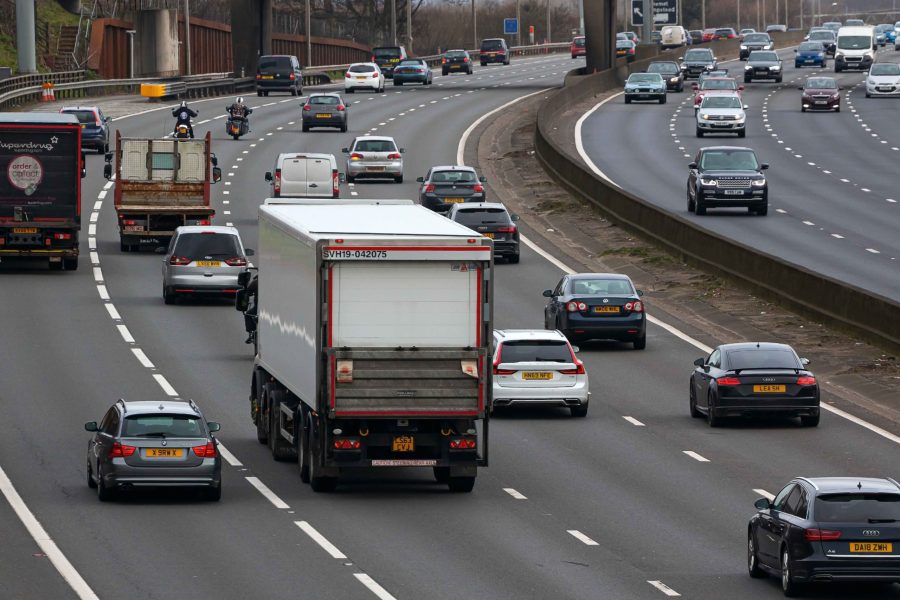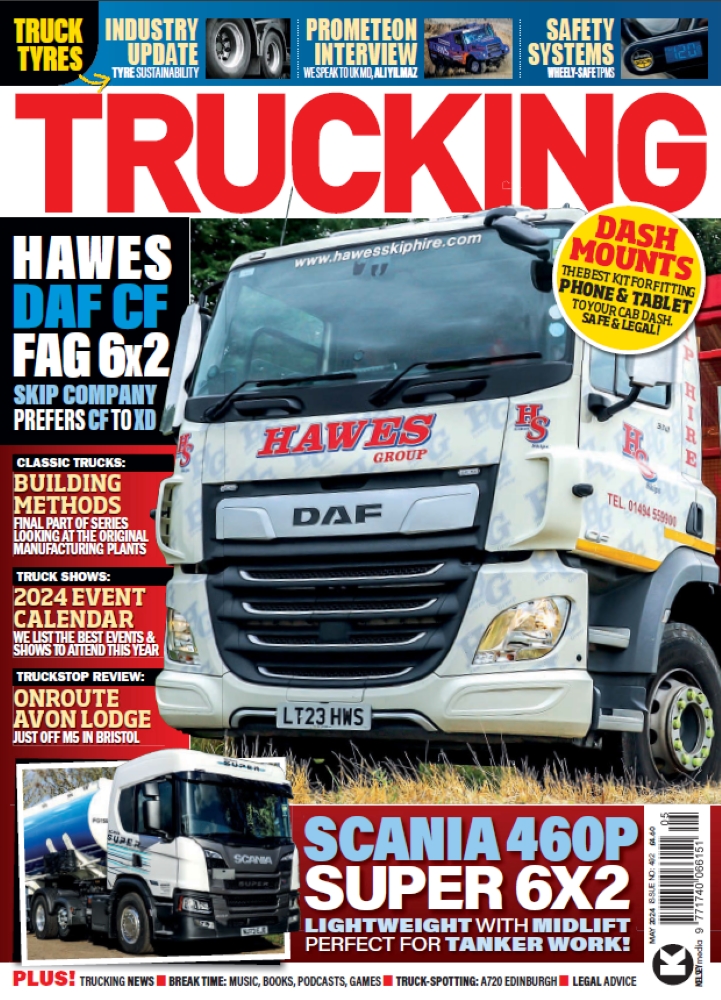Plans to decarbonise all forms of domestic transport – including HGVs – have been announced by the government.
The transport decarbonisation plan will lead to cleaner air, said transport secretary, Grant Shapps.
In addition, it will lead to healthier communities and thousands of ‘green jobs’.
Under the plans to decarbonise transport, new diesel trucks will be phased out from 2040.
Specifically, the consultation states a 2035 phase out for vehicles weighing between 3.5 tonnes and 26 tonnes.
Meanwhile, the phase-out date for vehicles above 26 tonnes is 2040.
An earlier date has not been ruled out, if a faster transition away from ICE power seems likely.
Shapps said that the plans to decarbonise domestic transport signalled the beginning of a shift in power sources.
“We will need continued efforts and collaboration to deliver the ambitious commitments.
“[We] will ultimately create sustainable economic growth through healthier communities as we build back greener.”
The news has been met with a mixed response from industry.
Elizabeth de Jong, director of policy at Logistics UK, said the plan would help give businesses confidence and clarity.
“Consultation on proposed phase out dates for new diesel HGVs should enable business to move forwards with confidence.
Plans to support freight modal shift and develop technologies to reduce emissions across transport modes are welcome.
Meanwhile, there was a more critical response from the Road Haulage Association (RHA).
Richard Burnett, chief executive of the industry body called the proposal “unrealistic”.
“These alternative HGVs don’t yet exist,” he said. “We don’t know when they will and what they will cost.
“It’s also not clear what any transition will look like – this is blue skies aspiration,” added Burnett.
Concluding, the RHA man said that he supported investment, but that it required “coherent, affordable and inclusive market-driven policies”.






